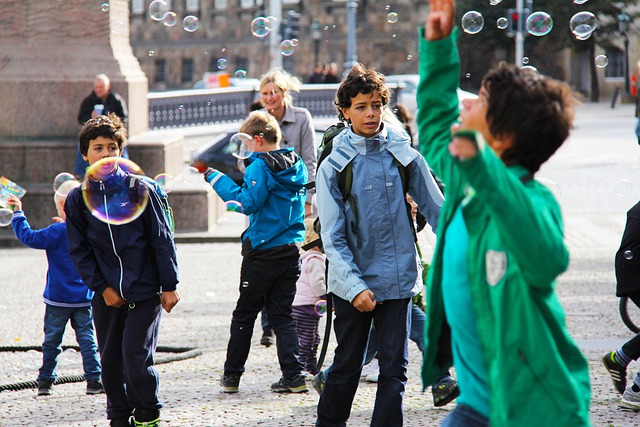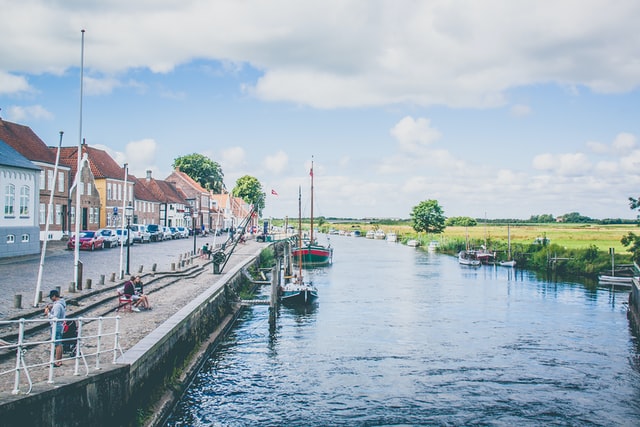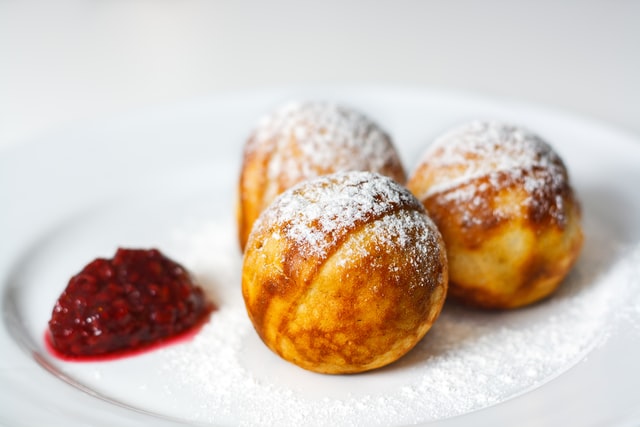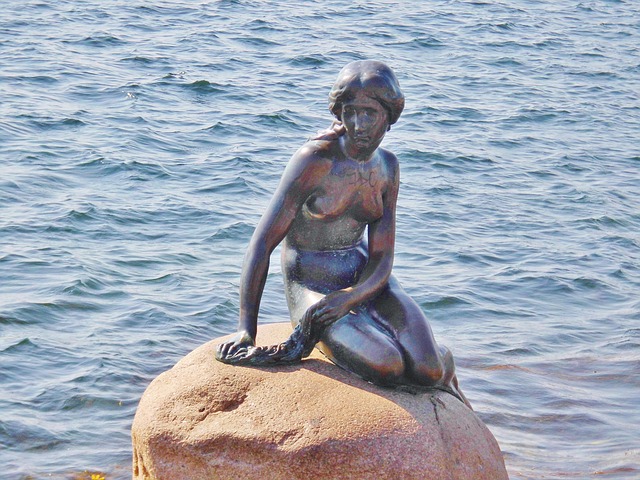Hygge: The Danish way of thinking, which values comfort

Denmark, which ranks high in the World Happiness Survey every year, has a word called Hygge. Hygge means to live comfortably, a value the Danish people cherish. Hygge, a hot topic in Japan in recent years, is filled with hints about living happily in this age of widespread anxiety.
In this article, I would like to introduce the concept of Hygge, which the Danish people cherish. If you feel stuck or vaguely anxious in your daily life, please look at Hygge, the Scandinavian Danish way of life.
What is Hygge?
Denmark is a Nordic country that has been attracting attention recently for its excellent welfare, gender equality, and increased happiness among its people.
Behind the Danish people’s affluent lifestyle lies a concept called “Hygge. Hygge originally meant “comfortable space” or “enjoyable time” in Danish. Hygge is now used with many connotations, and all kinds of things can be connected to Hygge.
For example, people sometimes refer to “Hygge time” as enjoying time with family and friends, arranging the interior of a room to make it cozy, or the happy moment one feels while reading a book with a cup of cocoa in the evening.
In this way, Hygge represents a “comfortable time,” “a relaxing way of living and spending time,” and “a sense of happiness felt in daily life. Among these, the familiar concept of Hygge is “to be comfortable and to live a careful life.
High level of happiness in Denmark, where Hygge is valued
What is your image of Denmark? While taxes are very high in Denmark, the country is known for its excellent social welfare system.
Education up to university is free, and there are no medical costs. Furthermore, gender equality is also advanced. Women in politics and economics are making progress in society, and an environment is in place for women to continue working after childbirth without career interruptions.
Denmark is a country that has continued to rank high in the annual World Happiness Survey for several consecutive years. The World Happiness Survey is an annual ranking of happiness conducted by the United Nations since 2012, covering more than 150 countries and regions worldwide.
In addition to Denmark, other Nordic countries such as Sweden and Norway also rank high. Why do people living in Denmark have such a high level of happiness? One of the reasons is said to be the Danish mindset of Hygge.
Why Hygge is attracting attention in Japan
Hygge is a concept of pursuing spiritual richness, such as human connection, rather than seeking material wealth, such as money or status.
The concept of Hygge is rapidly becoming popular in Japan. Regarding material wealth, Japan is one of the most affluent countries in the world. The cities offer numerous goods and services, and entertainment abounds. Japan is also one of the safest and most accessible countries in the world.
However, it is still being determined whether Japan’s spiritual wealth is rising in proportion to its material wealth. Many people probably feel that even though they have an abundance of material goods, their hearts are not satisfied, and they always feel anxious and frustrated.
The Scandinavian lifestyle, which boasts a high level of happiness, attracts attention because many Japanese people are stressed and long for a life of healing and spiritual richness.
How to Practice Hygge Living
Undoubtedly, the concept of Hygge, which the Danish people incorporate into their daily lives, is related to Denmark’s high level of happiness.
Let us try to practice the Hygge way of living in our daily lives by taking a cue from the Danish way of life. Here are some ways to practice Hygge living.
Valuing connections between people
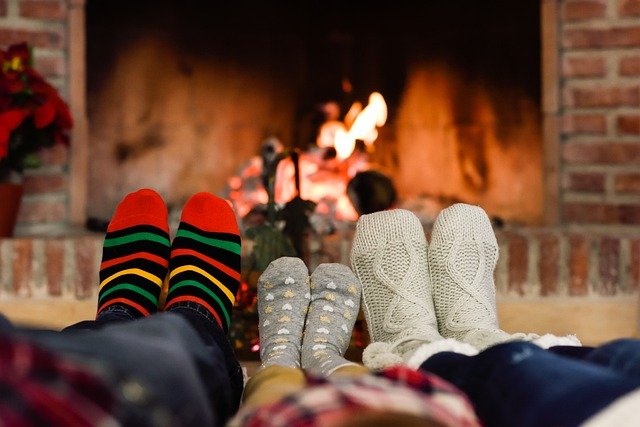
In Denmark, a work-life balance, or the value of a balanced life between work and private life, is common. And even in Hygge, time spent with friends and family is significant.
In Scandinavia and other parts of Europe, home parties are often held with friends and neighbors. Spending time with people you know well and sharing food with, you feel Hygge or a sense of happiness. Another custom similar to the Danish “Hygge” is the Swedish “Fika” custom.

Fika is the custom of coffee breaks in between the day’s activities. It is a time to enjoy coffee or tea with baked goods such as cinnamon rolls or cookies and enjoy conversation with family and friends.
The warmth of human relationships is essential to create a sense of contentment and happiness.
Spend time in your room
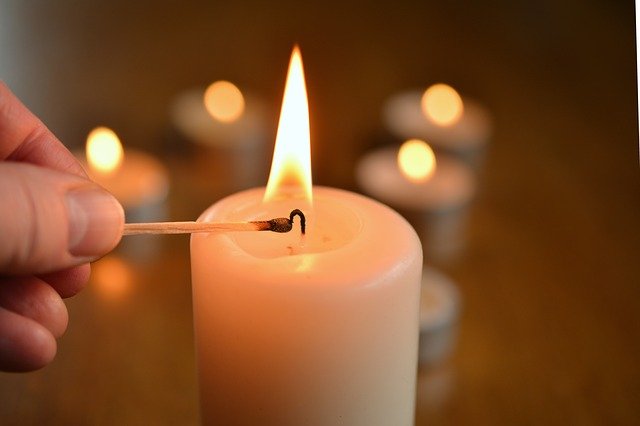
Located at high latitudes, winters in Northern Europe are characterized by short daylight hours and long nights. It is important for Danes to enhance their interior design and how comfortable they spend time in their rooms.
Candles are popular in Denmark as items that add color to life. Candles, which light up dark spaces with gentle flames, have a soft brightness that incandescent light bulbs do not. Denmark is one of the highest candle-consuming countries in the world. You can see how particular they are about lighting. Candles are readily available in Japan, so it is a good idea to try them out while being careful with fire.
In addition to candles, you should also pay attention to the room’s overall design. Scandinavian interior design based on simplicity and naturalness in Japan has become a hot topic in recent years.
Scandinavian interior design, characterized by gentle tones based on light colors and the woody, warm texture of wood furniture, has some similarities with Japanese-style rooms. For those who spend most of their day in their rooms, even a slight change in interior design can be a significant change of pace.
Living only with what is truly important
Have you ever heard the phrase “Less is more”? It means “less is better” and is said to be a legacy of the 20th-century German architect Ludwig Mies van der Rohe. This “Less is more” concept is also connected to Hygge’s living.
In other words, you let go of unnecessary things and live only with what is truly important. It is generally believed that the more things you have, the richer you are. However, the more things you have, the more you are stuck with them, and the more you have to pay to manage them. The recent interest in the minimalist philosophy of “less is more” may be the antithesis of the conventional mass-production and mass-consumption society.
In Denmark, many people treat things with care and do not buy more goods than they need. When things break, they do not immediately buy new ones but repair and care for them before using them again.
This means that rooms are never overflowing with stuff, and people can always enjoy a clean and organized space. The longer you use one thing, the more attached you become to it and the more you want to treat it with care.
In this way, letting go of unnecessary things and living surrounded by essential things leads to a lighter and happier life, both physically and mentally.
Contact with Nature
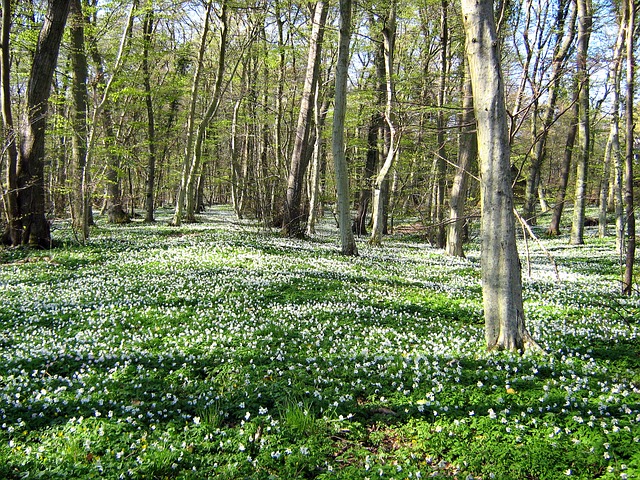
It is recommended that you spend more time in nature. In Denmark and other Nordic countries, much of the land is covered with forests, and nature is close at hand.
Furthermore, in the Nordic countries, “Freedom to roam” is guaranteed, which means that everyone has the right to enter the forests to gather and explore freely.

Many Danes casually go out to the nearby forest on their days off and spend their time doing active tees such as walking, berry picking, fishing, and swimming. Numerous studies have shown that contact with nature positively affects mental health.
The key to living a Hygge lifestyle is to spend more time with plants in your daily life. Take a walk in a nearby forest, or if you live in the city, place a houseplant in your room as interior decoration. Just by adding greenery to your daily life, you can relax your mind.
Conclusion

Hygge is an essential mindset of the Danish people, meaning a comfortable time and way of spending time.
Hygge, the Danish lifestyle, is a word that hints at what a vibrant life is for people today, who are so busy with work and study that they have lost the luxury of their minds.

